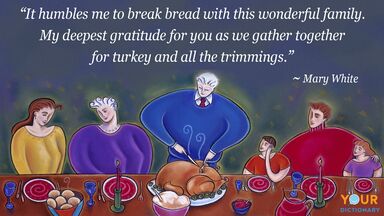Psalm Definition
Origin of Psalm
-
From Middle English salm or psalme, from Old English psealm, later reinforced from Old French psalme (modern French psaume), both from Latin psalmus, from Ancient Greek ψαλμός (psalmos, “the sound emenating from twitching or twanging perhaps with the hands or fingers, mostly of musical strings") (from ψάλλω (psallo, “to make a sound by striking, touching, plucking, rubbing, twanging, or vibrating")), but later in New Testament times the meaning of ψαλμός (psalmos) evolved from its Classical meaning of "a tune played to the harp" to a more general tune that could be played with any instrument; even a song sung with or without their accompaniment. By the Byzantine Period, it lost all of its instrumental characteristics.
From Wiktionary
-
Middle English from Old English from Latin psalmus from Greek psalmos from psallein to play the harp pāl- in Indo-European roots
From American Heritage Dictionary of the English Language, 5th Edition
Psalm Is Also Mentioned In
Find Similar Words
Find similar words to psalm using the buttons below.


